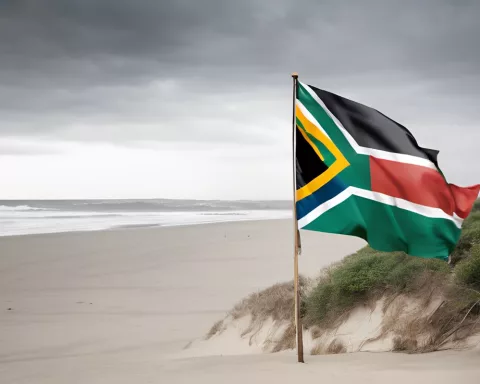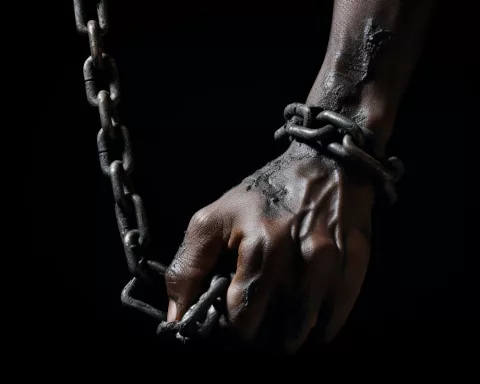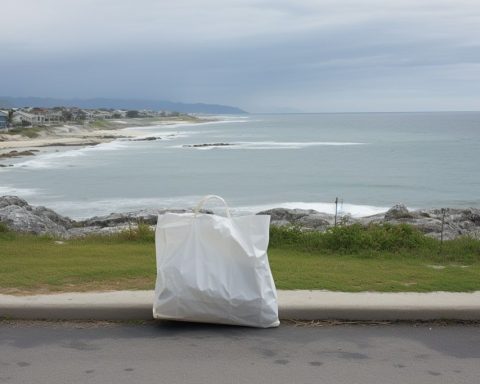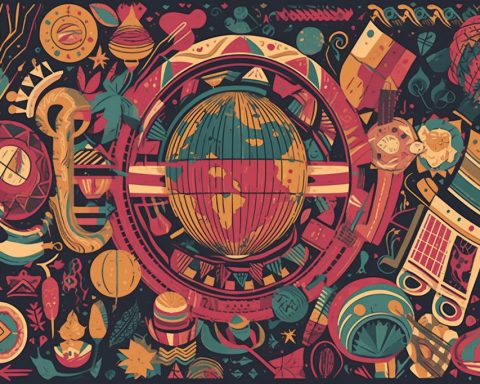Several non-governmental organizations (NGOs) in South Africa have teamed up to tackle the issue of racism and xenophobia in the country. They have taken a legal stand against Operation Dudula, an anti-foreigner campaign that has been deemed controversial due to its xenophobic rhetoric and practices. Led by the Socio-Economic Rights Institute (SERI), the coalition comprises Abahlali Basemjondolo, Inner City Federation, South African Informal Traders Forum, and Kopanang Africa.
Operation Dudula and Its Critics
Operation Dudula, which claims to represent South Africa’s poor and working-class, targets undocumented migrants and foreign-owned businesses. However, it has been accused of marginalizing already vulnerable communities and contravening the country’s principle of ubuntu. This principle emphasizes the interconnectedness and shared humanity of all.
Legal Relief Against Operation Dudula and the Government
The NGOs involved seek legal relief against Operation Dudula and its leaders, as well as various government departments that have allegedly failed to regulate the group’s unlawful conduct. The named respondents in the case include Operation Dudula, its secretary-general Zandile Dabula, the police, the departments of Health, Education and Home Affairs, the Police Minister, and the South African Human Rights Commission (SAHRC).
Prohibiting Unlawful Activities
The applicants aim to prohibit Operation Dudula from engaging in activities such as harassing individuals, demanding identity documents, forcing businesses to close, preventing informal traders from operating, evicting people from their homes without a court order, wearing uniforms resembling those of the police or army, denying people access to healthcare, and removing students and teachers from schools due to their nationality.
NGOs Speak Out
Abahlali Basemjondolo has emphasized that Operation Dudula does not represent the poor, and the coalition seeks to dispel any such assertions. The Inner City Federation has joined the lawsuit due to its disappointment in the conduct of the police and public officials who have been seen acting alongside Operation Dudula.
Confronting Discrimination Head-On
This legal challenge marks a broader movement among South African civil society organizations to confront xenophobia and racism head-on. The NGOs involved hope to send a message that denying basic human rights and dignity, as well as perpetuating harmful divisions, is not only morally reprehensible but also legally impermissible. The outcome of the case could have lasting implications for the nation, highlighting the importance of collective responsibility and the power of ubuntu in overcoming discriminatory attitudes and behaviors.












